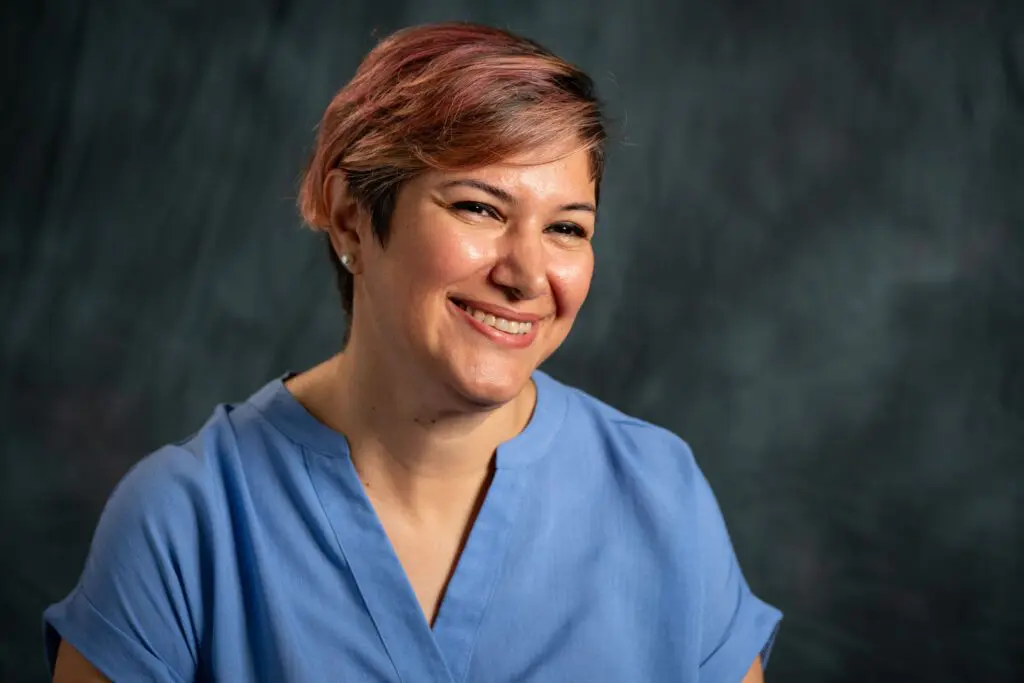Do Research on the Health Care Facility
In the health care field, interviewers will want to know why you chose them as well as why they should choose you. Students studying at nursing programs in BC, for example, will have the opportunity to work in a variety of locations, including hospitals, nursing homes or private care settings. It’s always best to perform some research about the workplace before your interview, so you can be sure that it’s the right fit for you.
If you’re applying to work at a hospital with a children’s ward, you might let the interviewer know that you are particularly interested in working with children, while also highlighting your experience with young people. Knowing the ins and outs of the workplace you’re applying to, tells the interviewer that you are dedicated and passionate about the job.
Highlight Your Health Care Related Soft Skills
Health care careers are all about working with people. When you interview for a potential new health care job, employers will want to see some examples of your soft skills as well as your technical skills. Soft skills include interpersonal skills, communication skills and leadership skills.
After earning your mental health and addictions worker diploma, you may go on to work at a rehabilitation center, or community center. Employers at these locations will want to see workers who have mastered person-to-person communication, and know how to talk to individuals in distress. In a job interview, you might give examples of your past work in counselling, or share a time when you helped someone out of a bad situation.
These examples will let the interviewer know that your ability to communicate has helped others in the past and that your soft skills are effective.
Highlight Your Professional Health Care Skills
While soft skills are an important component of a job interview, it’s impossible to get hired unless you have the proper technical training. Graduates of medical lab assistant courses who are applying to work in a laboratory must show the interviewer that they have the most up-to-date training possible for the role. A graduate might explain the techniques they use to perform phlebotomy, perform ECGs, or how to properly label a patient sample. This knowledge is your best asset in a job interview, and being able to showcase your professional training with ease will make you an excellent candidate!
What are some other tips for acing a health care job interview?










